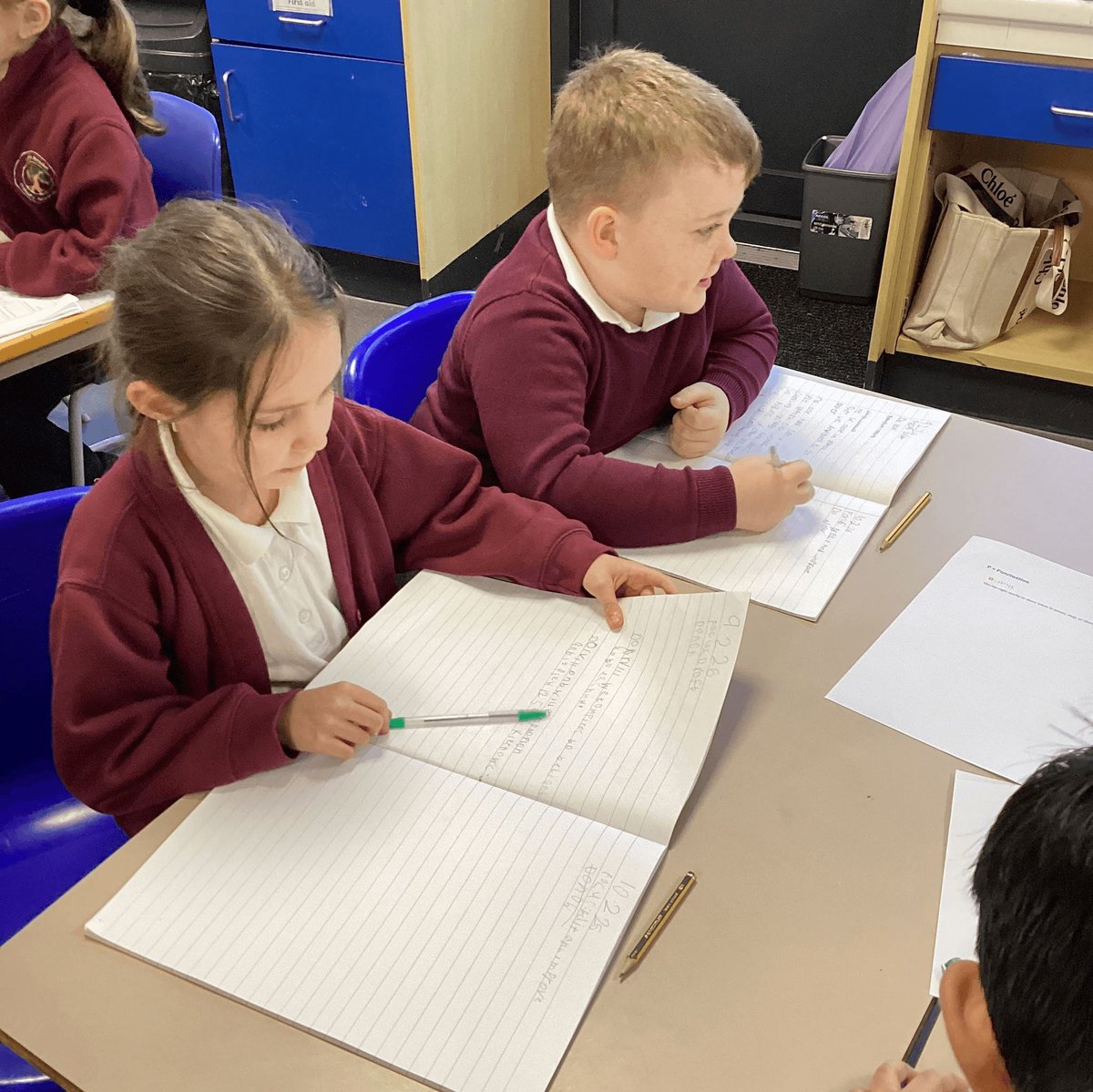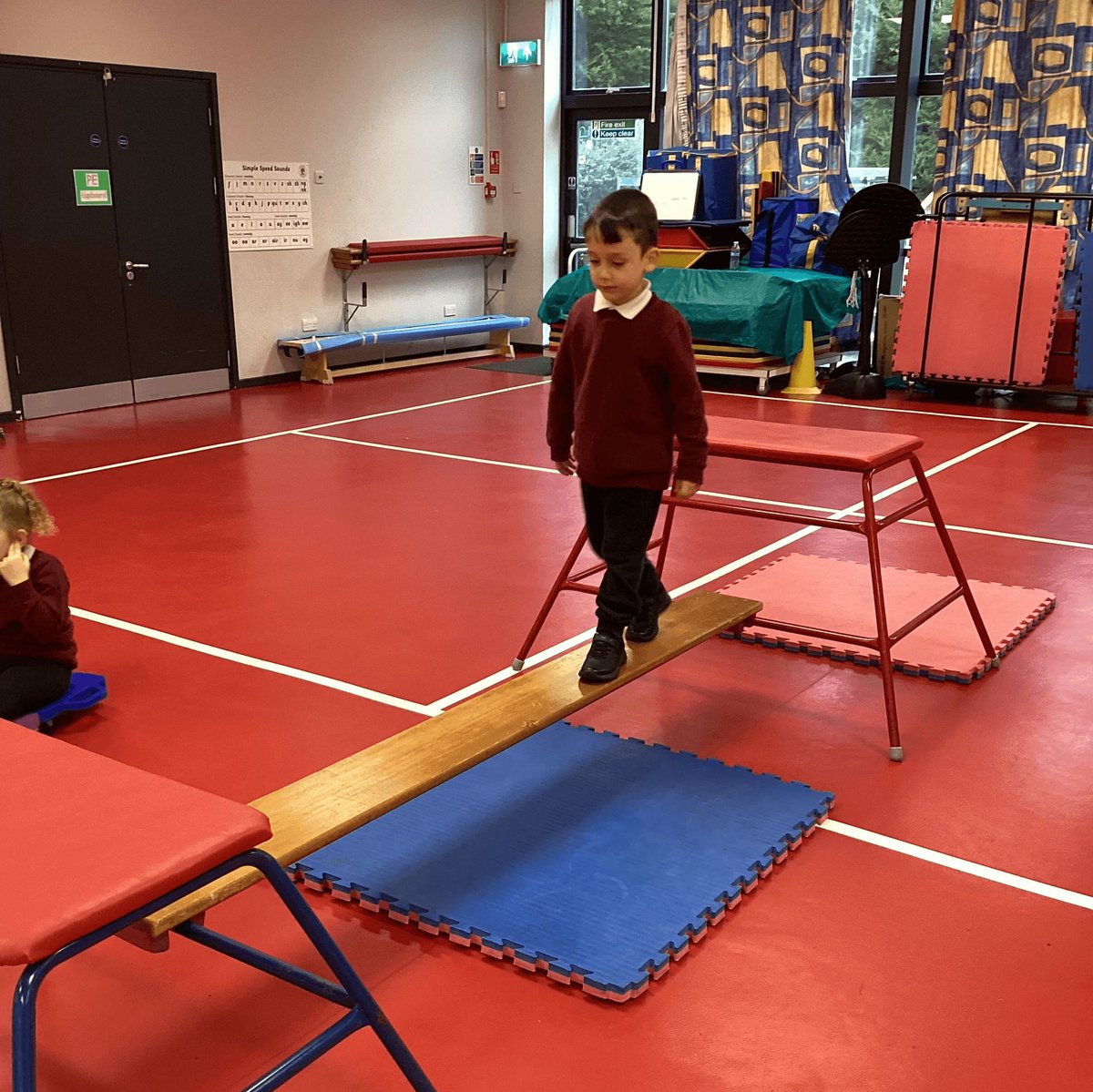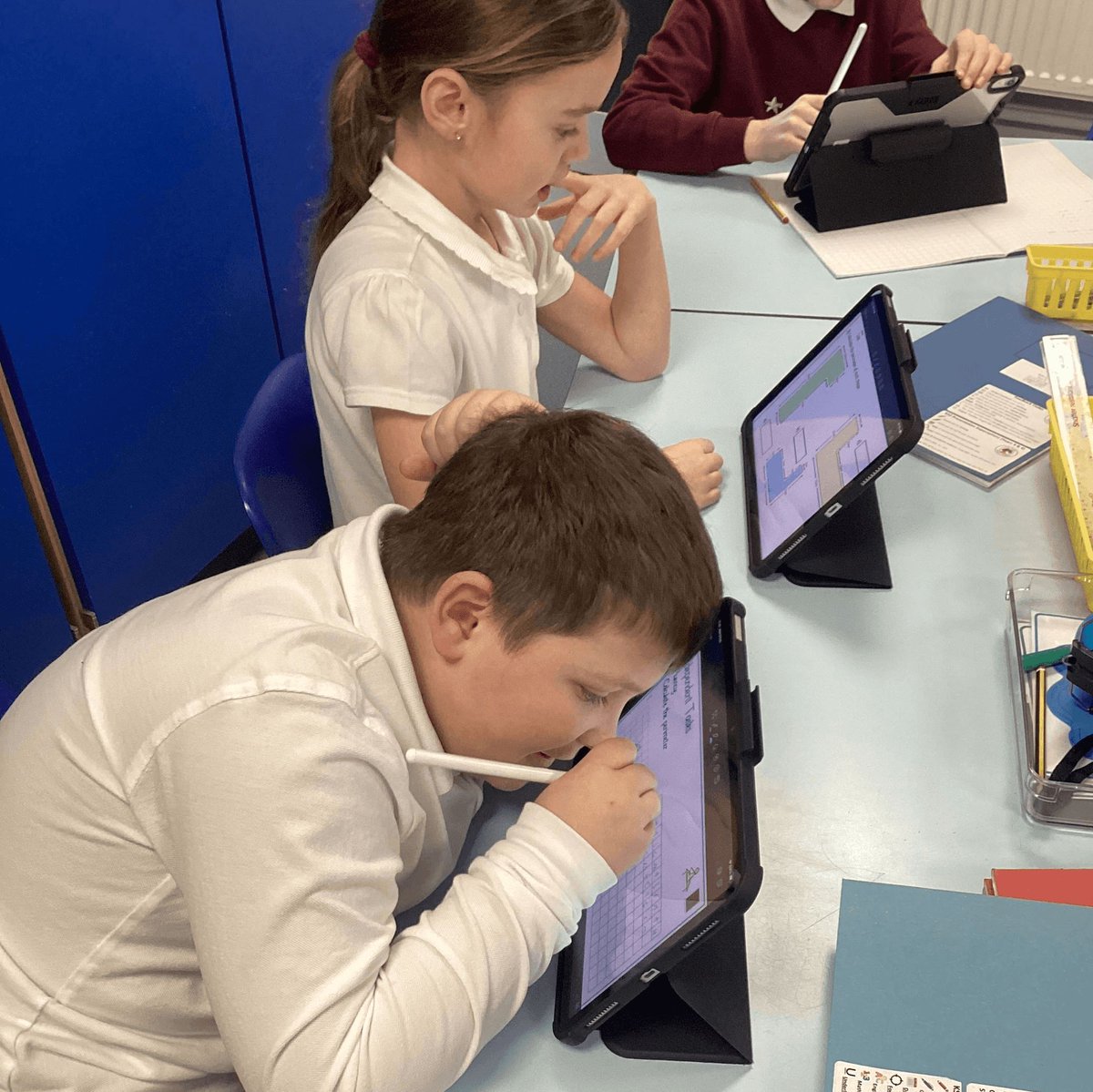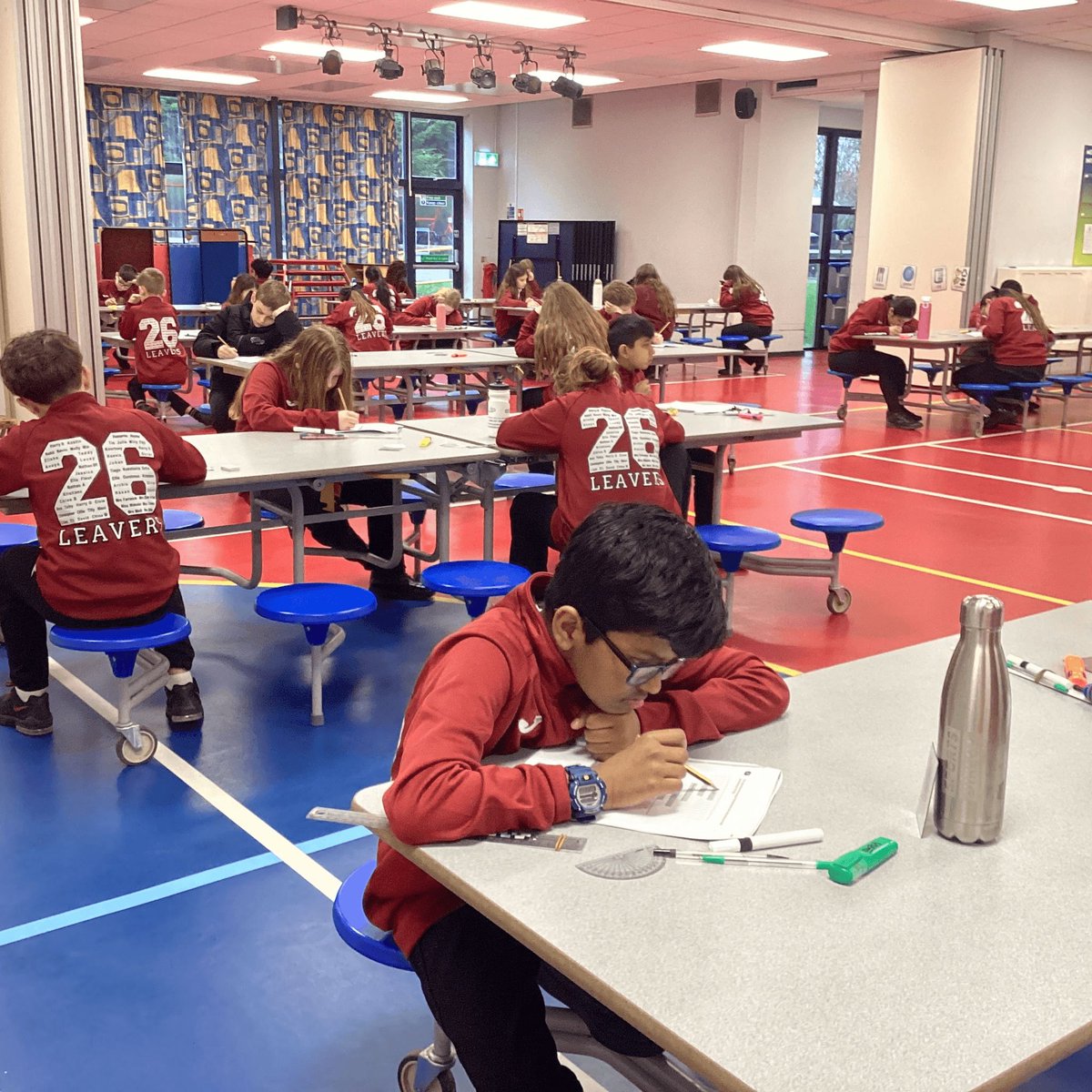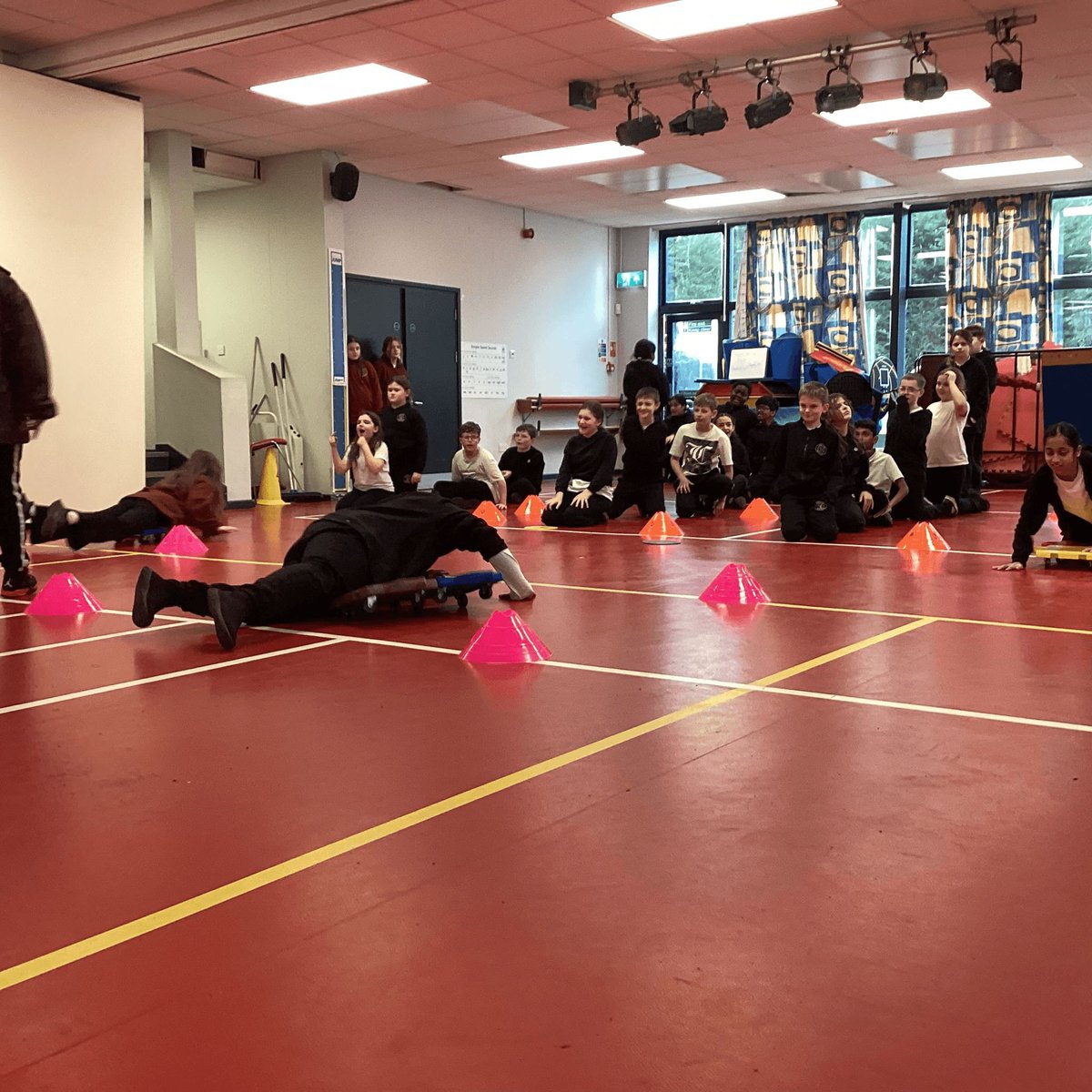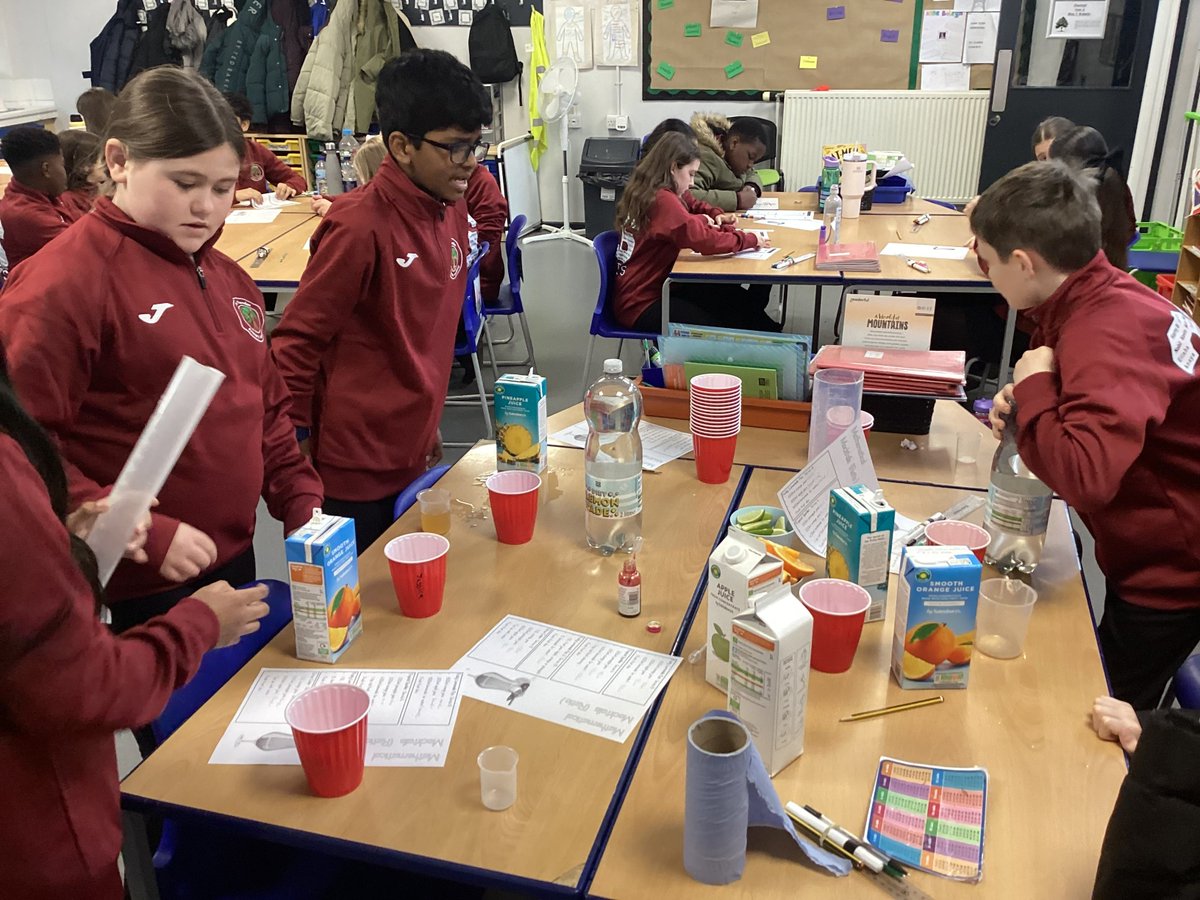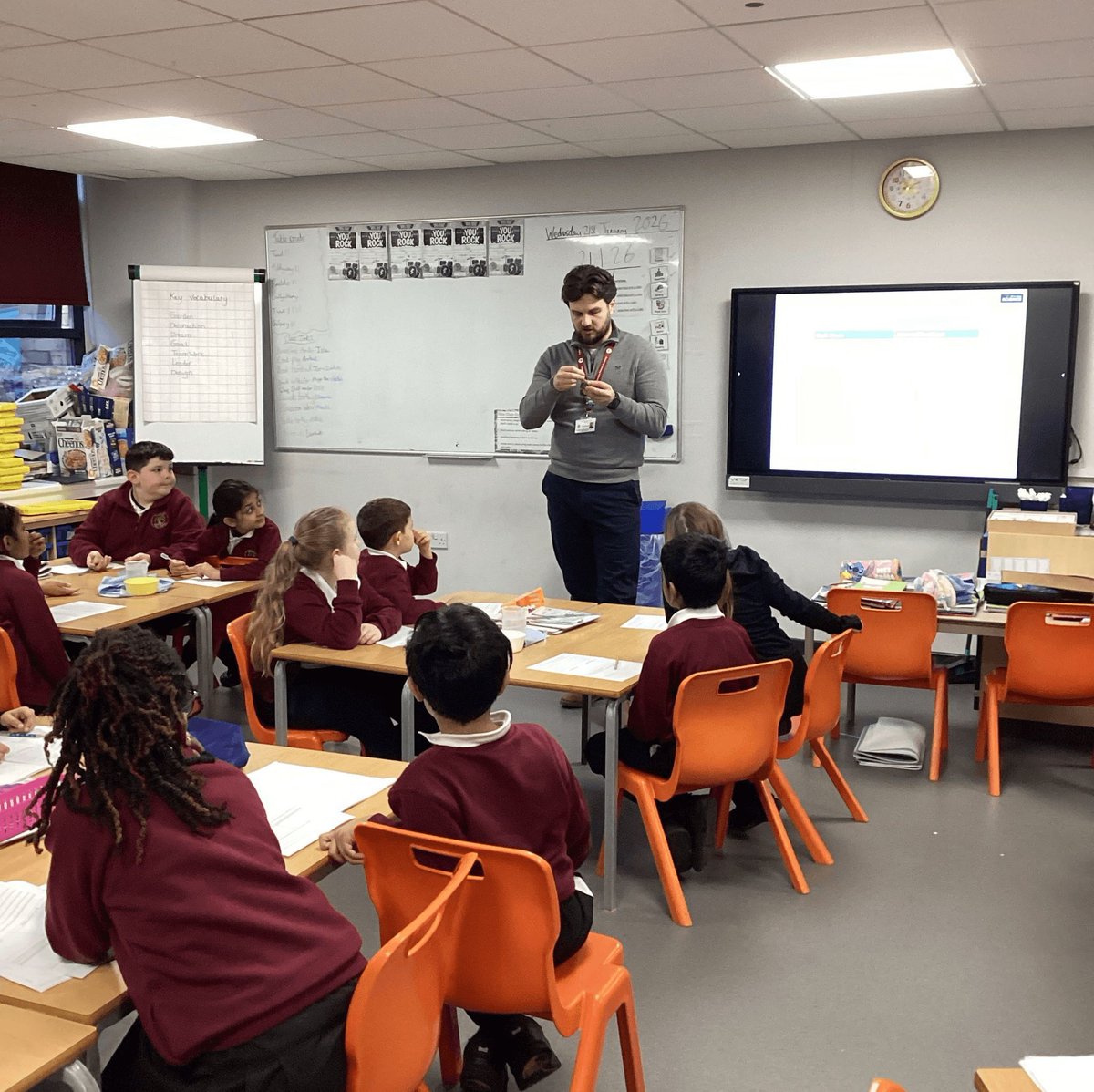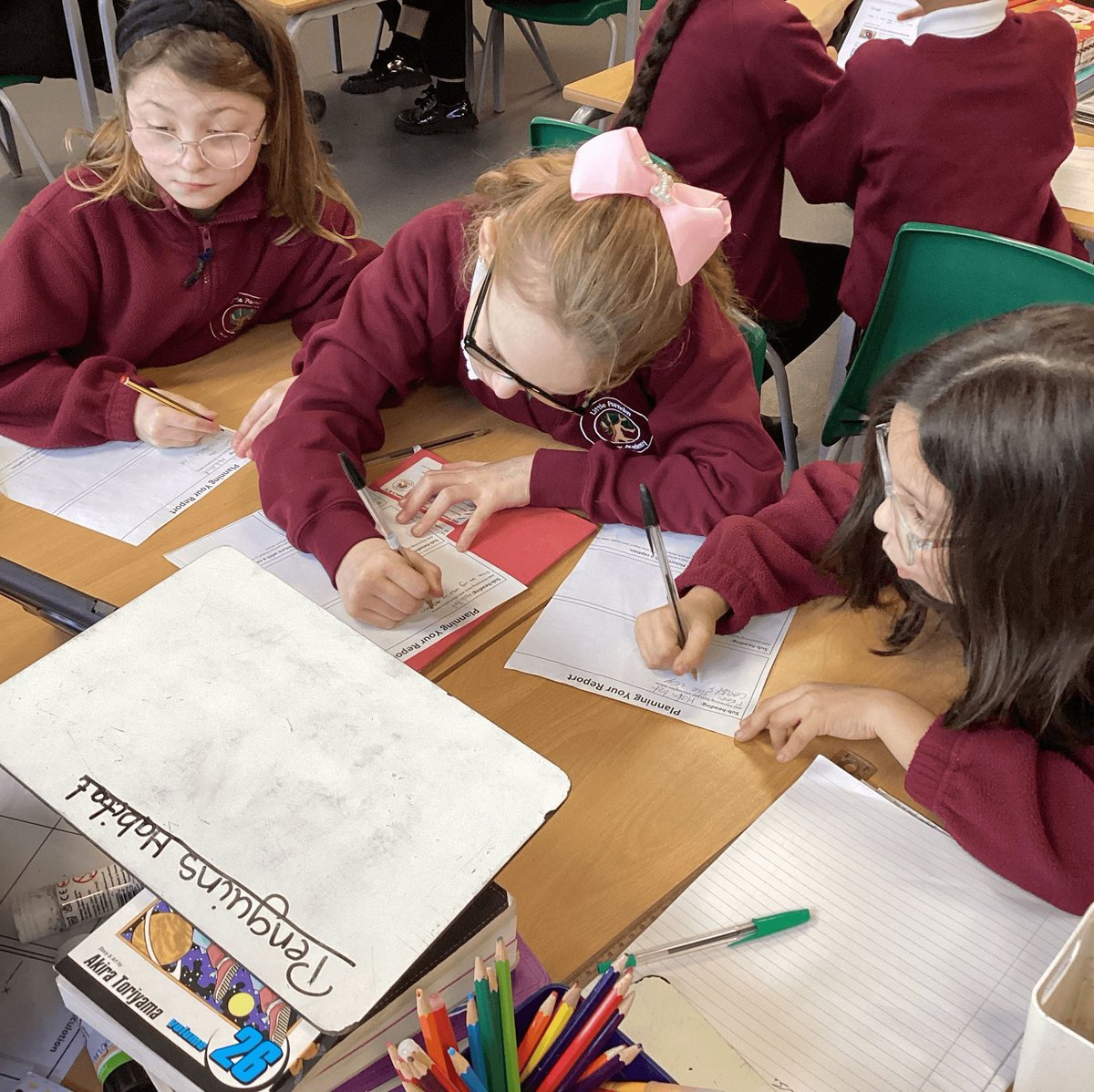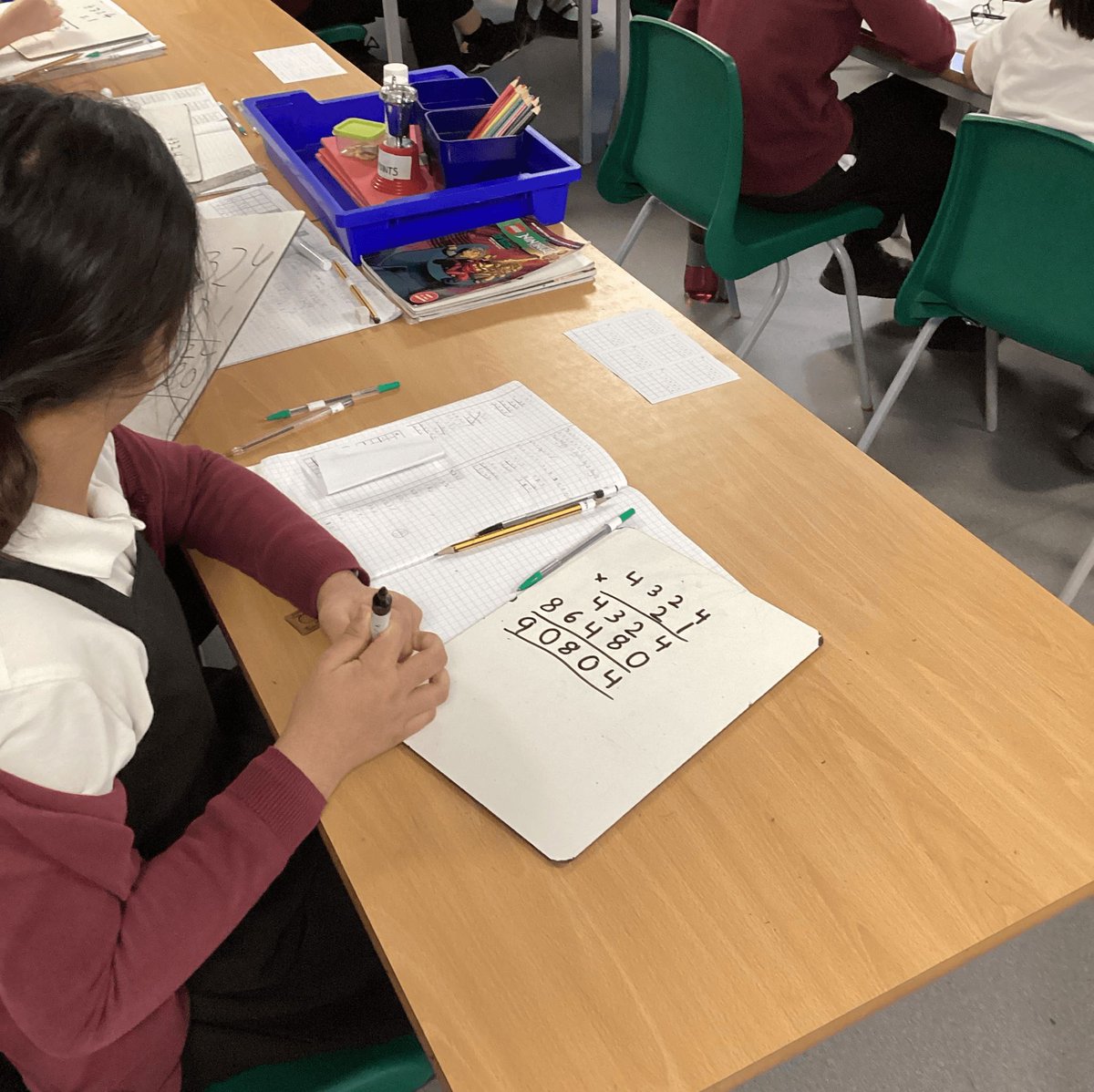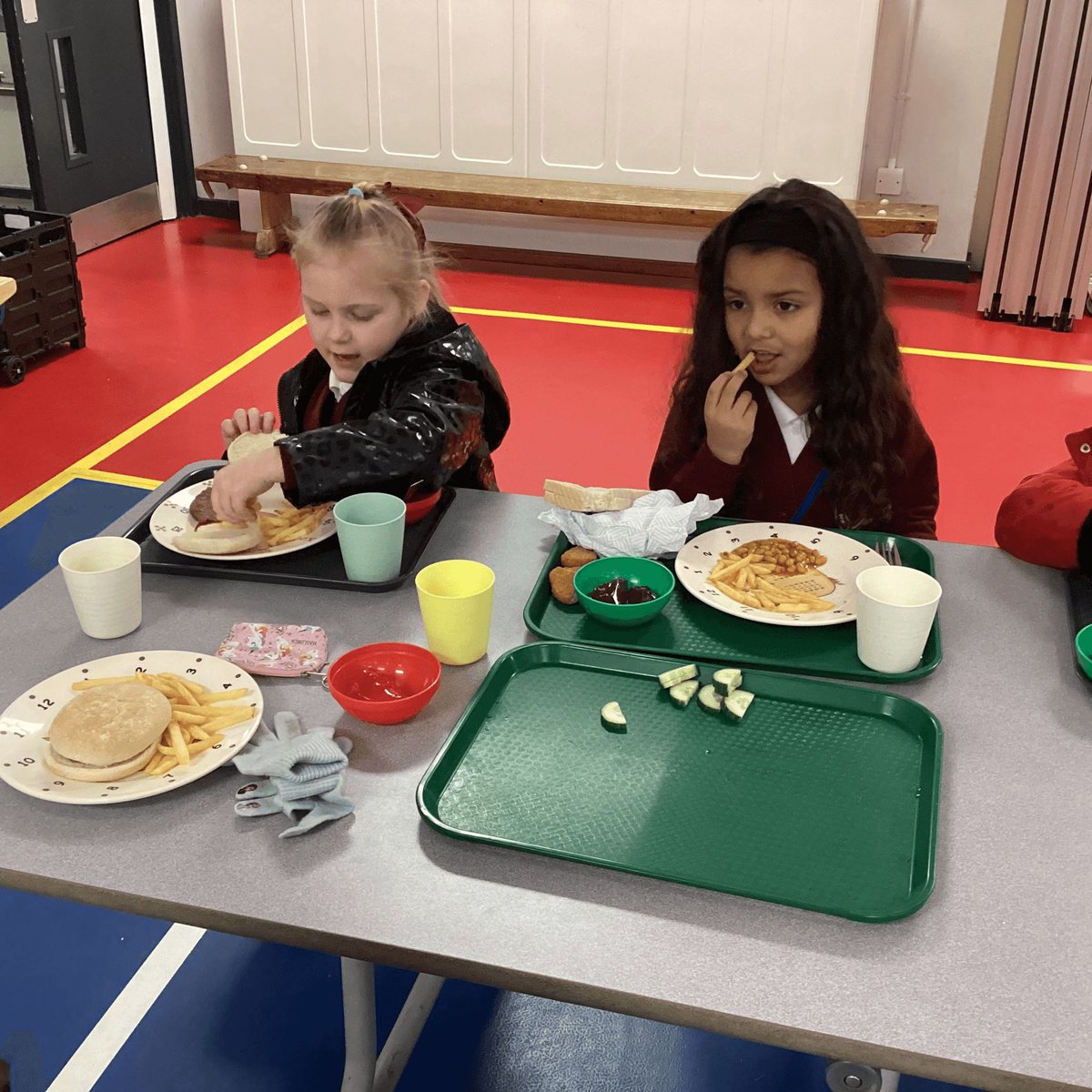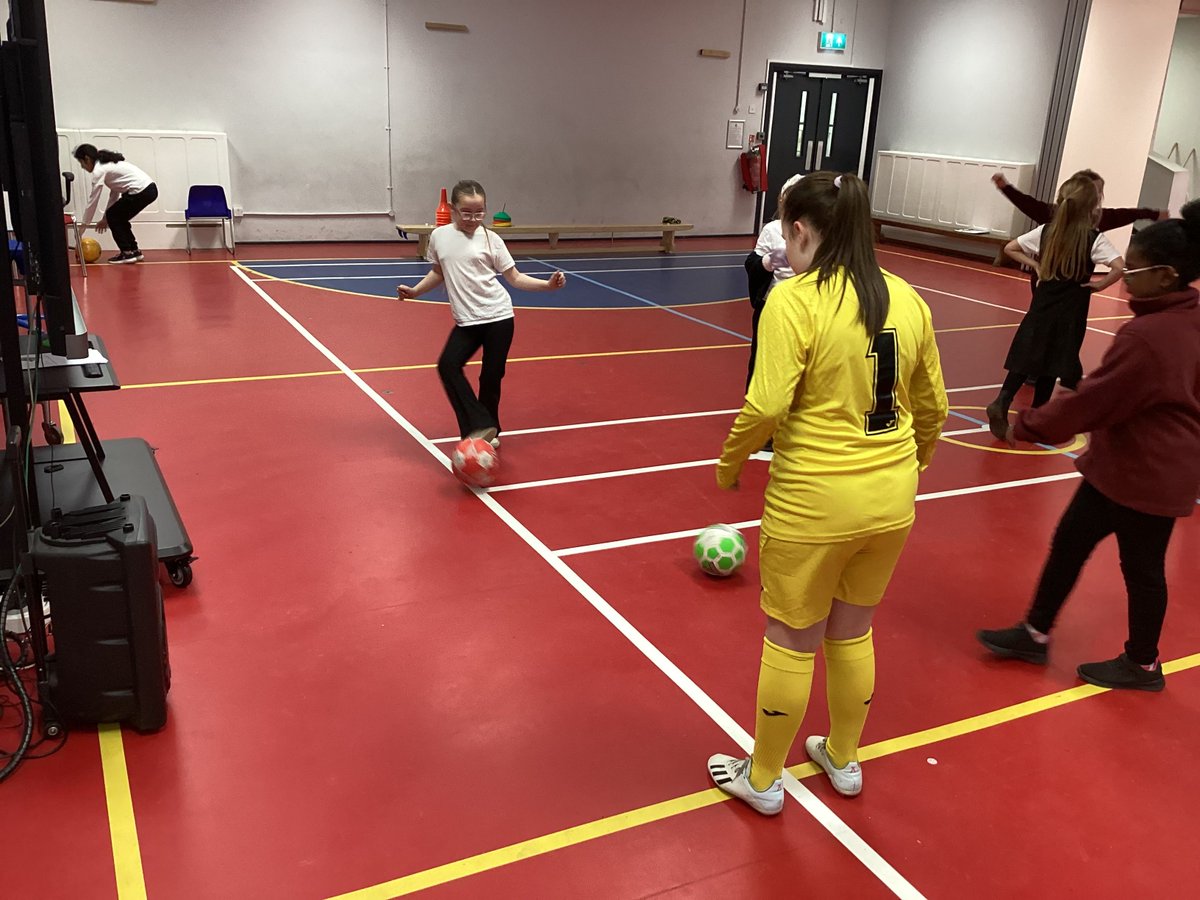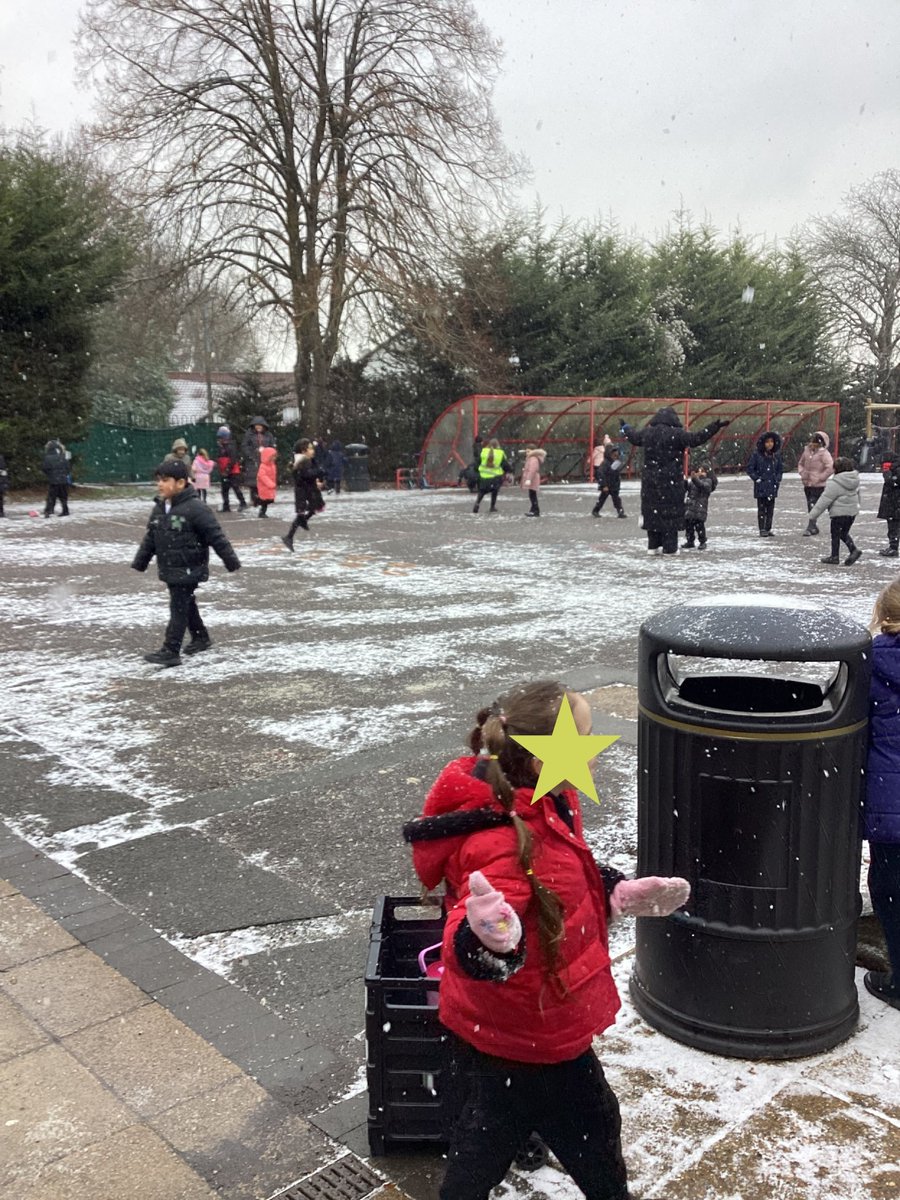Feedback
At Little Parndon Primary Academy, we recognise the importance of feedback as part of the teaching & learning cycle and aim to maximise the effectiveness of its use in practice. Our feedback approach is underpinned by our values, mission, drivers and the latest research surrounding effective feedback, metacognition and cognitive load. We are mindful also of the workload implications for staff.
How our feedback policy was developed and the research behind it.
Our primary focus for our policy was the impact of the feedback: has it caused thinking to take place? When considering the impact, we took into account research, the age of our children and the demographic of our school.
Using the work of Dylan Williams, Tom Sherrington, John Hattie, Valerie J. Shute, Kate Jones, Siobhan Leahy, Michael Chiles, Ben Fuller and the Education Endowment Foundation (EEF), we have created a feedback policy that follows the best of what is known around feedback but also incorporates our values, mission and our key drivers of Mastery, Autonomy and Purpose (Daniel H Pink – Drive).
“When we elicit evidence about what our students have actually learned, we frequently find out it is not what we wanted them to learn; therefore, we need to provide feedback to get the learners back on track” (William and Leahy 2015). This statement alone, highlights the fact that feedback is a vital part of formative assessment, we train our staff to ensure that our feedback redirects learners to what is important and needs to be learnt.
“The only thing that matters about feedback is the reaction of the recipient. That’s it. Feedback – no matter how well designed – that the student does not act upon is a waste of time” (William and Leahy 2015). William and Leahy also highlight how giving and receiving feedback can be very emotive and personal; we actively teach our students and staff to develop a growth mind-set to support them with welcoming and embracing feedback. This aligns with our mission “Shaping futures through education.” Our staff and students believe that everyone can better themselves and improve, the way to do this is to act upon feedback.
“Feedback studies tend to show very high effects on learning. However, it is also a very high range of effects and some studies show that feedback can have negative effects and make things worse. It is therefore important to understand the potential benefits and the possible limitations of feedback as a teaching and learning approach.” (Education Endowment Foundation 2018). With this in mind, we follow the notion that all feedback is granular, clear, specific and actionable.
“It’s important to note that feedback might need to look different according to the learner. So let’s not worry unduly about consistency in terms of what things look like. School policy can, and should, dictate consistency in terms of the principles to which all staff are expected to adhere, but should allow the flexibility for teachers to use their professional knowledge of the child and give the feedback that is going to be of greatest benefit to that individual at that point in time.” Ben Fuller (2022). This aligns with our driver ‘Autonomy’ and equally works as a blurb for our policy. We trust our teacher’s knowledge and judgements of their children and we support and train them to deliver effective feedback at the appropriate moment.
“The simple truth is that the most effective feedback is just feedback that our students actually use in improving their own learning.” (William and Leahy 2015). Taking this into account, we ensured that our feedback policy was simple and effective.
We considered four areas to feedback following the work of Michael Chiles and Valerie Shute.
Time Appropriate
Feedback should be an ongoing process, not something that is time bound to a straitjacket policy implemented by school leaders. Feedback should be delivered in a timely manner. The research points towards applying a delayed feedback approach for encouraging the transfer of learning, while immediate feedback for developing procedural skills.
Culture
We aim to establish an effective culture where students want to embrace the feedback given. No matter how skilful the person is at delivering the feedback, if the person is not willing to listen and absorb the feedback then it will not support learning and, in turn, improvement. Our teachers take time to create a feedback pull by establishing positive relationships with our pupils so that they want to engage with feedback because they know it will help them to improve. We also ensure that our feedback is delivered with respect and kindness.
The Goldilocks principle
Our teachers create conditions where feedback is welcomed by not overwhelming students. If there is too much feedback or it lacks clarity, the next steps can seem unachievable and lead to people pushing back. The feedback provided should be granular, razor-sharp and specific so that the receiver, the pupil or the staff member, knows exactly how to improve. It should be clearly linked to the original intentions. They need to feel that the next steps are within their grasp. This, in turn, will make them want to continue to receive more feedback in the future.
Involve everyone
We involve students in the feedback process to support their ability to be able to assess themselves. We create opportunities that build an understanding of their own work through guided feedback. After all, it is only the pupil who can make the necessary changes to their classwork to bring about improvement in learning and, in turn, their performance. We take the time to explicitly teach pupils metacognitive strategies, model our thinking, as well as teaching students how to manage their learning independently.
Please see below for our feedback policy.

